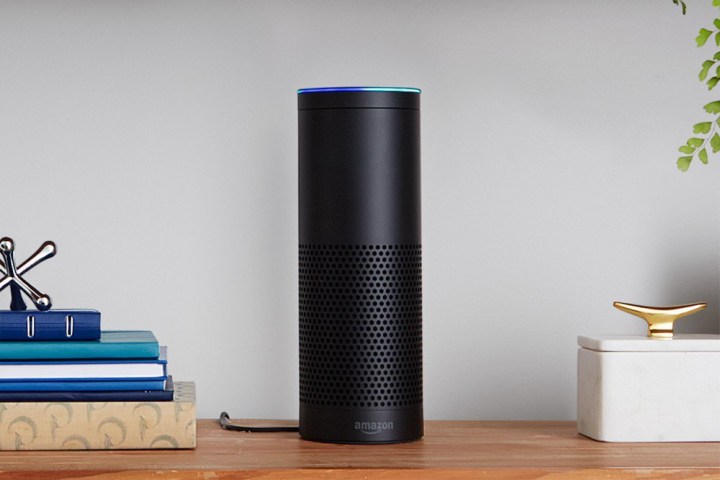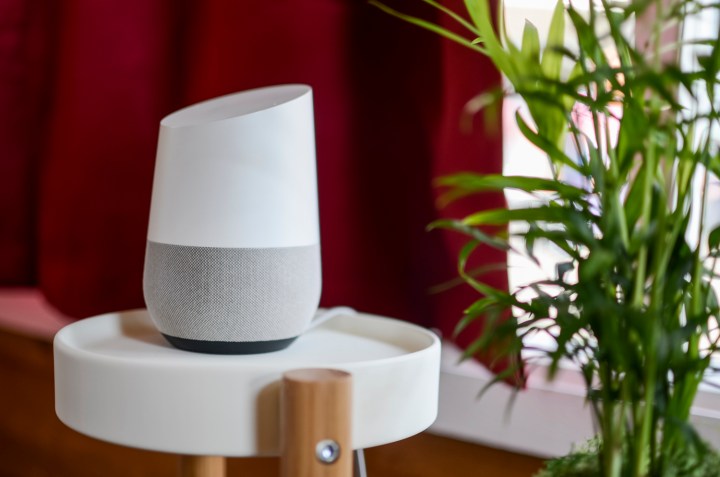
A patent filed by Microsoft in November 2015 and granted in May, titled “Emotionally Connected Responses from a Digital Assistant,” describes an AI-powered companion that has the ability to respond to reminders, calendar entries, and other tasks in a highly specific, contextually appropriate way.
“Personalized or digital assistants are increasingly becoming popular and are continuously becoming more personalized,” the patent states. “For example, digital assistants have unique voices, names, etc. Additional personality dimensions are constantly sought out in an effort to increase connections with users.”

Microsoft’s two-pronged solution includes “personalized messages” to certain “inputs,” and canned responses during “predetermined events.” If you feed the assistant what Microsoft describes as “exemplary emotional inputs” — “I love you,” for example, or “Will you be my girlfriend” — it’ll respond with a “personalized message,” potentially in the form of “unique handwriting.” If, on the other hand, it’s your birthday, a holiday, or an anniversary (a “predetermined event”), the assistant will acknowledge the special day in question.
Microsoft isn’t the only firm experimenting with highly personalized, emotional AI. According to the MIT Technology Review, retail giant Amazon is working on “significant” language processing upgrades to Alexa, its voice assistant, that may allow it to accurately detect the emotion in your voice. It’s also said to be developing an advanced language model that would be able to comprehend “ambiguous requests” — the sort of vague questions that throw the current version of Alexa for a loop.
More recently, Amazon introduced tools that make Alexa sound “more like a human.” The new Speech Synthesis Markup Language lets developers of “skills” — third-party apps that extend Alexa’s capabilities — add pauses, change the pronunciation of words, add audio snippets, spell out words, and insert special words and phrases.

Google, meanwhile, enlisted the help of Google Doodle head Ryan Germick and ex-Pixar animator Emma Coats to help give the Google Assistant “character.” They programmed the Assistant with a “relatable childhood,” and added “humorous” responses that would make it sound “conversational.”
“There have been studies that show that it doesn’t necessarily matter if you instantly click with someone,” Coats said in an interview with Fast Company. “One thing we do is to make the character as entertaining as we possibly can so that you want to spend time with it.”


